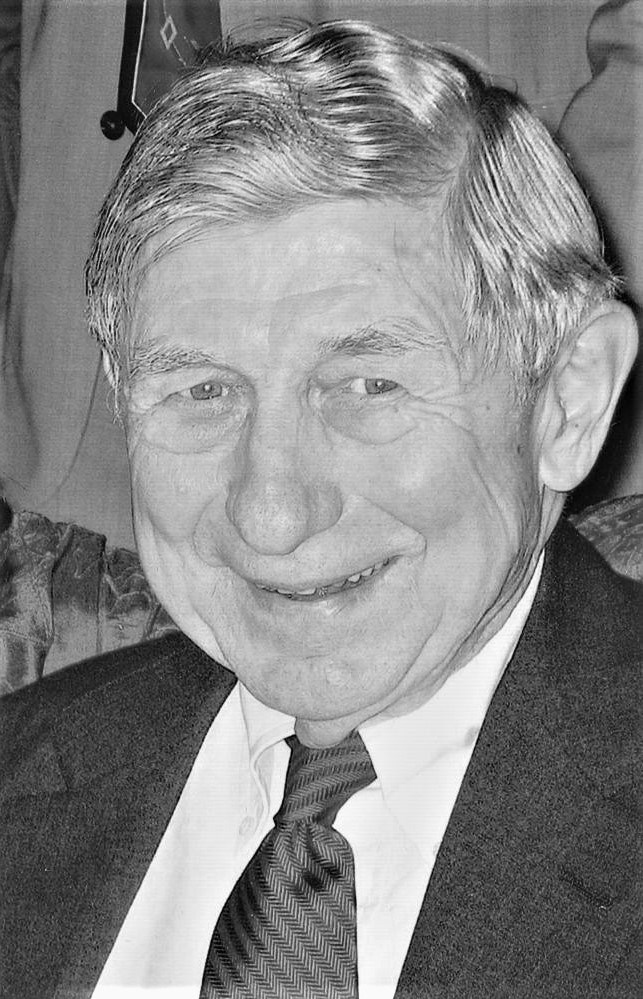Can race and ethnicity truly define an individual’s identity? Russell Wilson, the renowned American football quarterback, has become a focal point in discussions about racial authenticity. A bold statement that resonates deeply with many is this: Identity transcends the constraints of race or ethnicity, and Wilson exemplifies this notion through his multifaceted background and achievements.
Russell Wilson, currently playing for the Denver Broncos, has been at the center of debates regarding his racial identity. Despite being African-American, with roots tracing back to a great-grandfather who was once enslaved, Wilson's genetic makeup includes significant White ancestry. This duality often sparks conversations around how society categorizes individuals based on their perceived racial affiliations. In modern America, where race plays a pivotal role in social dynamics, Wilson’s situation underscores broader questions about identity formation and societal expectations.
| Bio Data & Personal Information | Career & Professional Information |
|---|---|
| Name: Russell Carlton Wilson | Position: Quarterback |
| Date of Birth: November 29, 1988 | Current Team: Denver Broncos |
| Place of Birth: Richmond, Virginia | Previous Teams: Seattle Seahawks, Green Bay Packers |
| Ethnicity: African-American with significant White ancestry | Awards: Multiple Pro Bowl selections, Super Bowl champion (2013) |
| Education: Attended Northwestern University | Net Worth: Approximately $150 million (as of 2023) |
| Reference: For more detailed information, visit NFL Player Profile. | |
Wilson's career trajectory reflects both his athletic prowess and intellectual acumen. Drafted by the Seattle Seahawks in 2012, he quickly established himself as one of the league's premier quarterbacks. His leadership qualities were instrumental in leading the Seahawks to victory in Super Bowl XLVIII, marking a defining moment in his professional journey. Beyond the field, Wilson is known for his philanthropic efforts, particularly through the Russell Wilson Foundation, which supports youth education and empowerment initiatives.
The discourse surrounding Wilson's racial identity extends beyond mere curiosity; it delves into deeper sociopolitical dimensions. President Donald Trump's administration weakened environmental protections disproportionately affecting minority communities, exacerbating issues related to racial discrimination. Coincidentally, during Wilson's tenure with the Seahawks, debates emerged concerning racial authenticity—whether he was black enough—highlighting lingering biases within American society. Such discussions are reminiscent of outdated notions like the one-drop rule, underscoring persistent challenges in achieving true racial equality.
New data exploring U.S. economic conditions segmented by race and ethnicity reveal stark disparities across various demographics. According to research conducted under programs such as PREE (Program on Race, Ethnicity, and the Economy), African-Americans continue to face systemic barriers impacting income levels, employment opportunities, and overall quality of life. These findings resonate closely with Wilson's experiences, illustrating how personal narratives intertwine with broader societal trends.
In pediatric healthcare settings, imputing missing race/ethnicity data remains a critical challenge. Researchers Wilson Pace, Richard C Wasserman, and Russell Localio have developed innovative methods aimed at reducing bias when such information is partially or non-randomly absent. Their work contributes significantly to improving accuracy in medical records while addressing underlying inequities linked to racial profiling in healthcare delivery systems.
Media portrayals of lawbreakers also exhibit pronounced racial and ethnic biases. Studies indicate that media representations often perpetuate stereotypes associating specific races with criminal behavior. For instance, African-Americans are frequently depicted as perpetrators rather than victims, reinforcing harmful preconceptions. Scholars argue that these portrayals stem from power structures embedded within media organizations and market-driven incentives prioritizing sensationalism over balanced reporting.
Wilson's story serves as a poignant reminder of the complexities inherent in defining identity solely through racial lenses. While genetics provide insights into ancestral heritage, they cannot encapsulate the entirety of someone's lived experience. As society evolves, embracing diversity becomes increasingly vital—not merely tolerating differences but celebrating them as integral components shaping collective progress.
Environmental justice advocates emphasize the importance of inclusive policies ensuring equitable access to clean air, water, and land resources regardless of race or socioeconomic status. Understaffing and underfunding agencies responsible for enforcing environmental regulations undermine efforts to protect vulnerable populations susceptible to pollution-related health risks. Addressing these injustices requires concerted action involving all stakeholders committed to fostering sustainable futures free from discriminatory practices.
Ultimately, Russell Wilson's legacy extends far beyond touchdowns and championships. By challenging conventional perceptions about race and ethnicity, he inspires others to question prevailing norms and strive toward greater understanding. In doing so, he exemplifies resilience, integrity, and vision—qualities essential for navigating today's complex world characterized by rapid change and evolving paradigms.



